Books
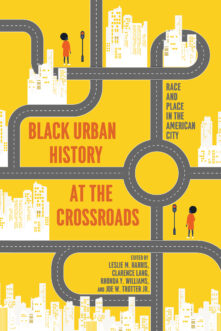
Black Urban History at the Crossroads
Race and Place in the American City
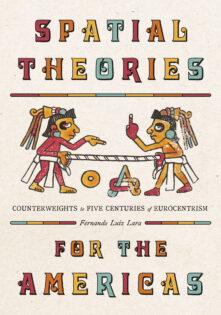
Spatial Theories for the Americas
Counterweights to Five Centuries of Eurocentrism
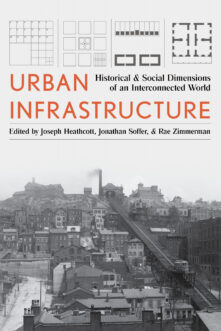
Urban Infrastructure
Historical and Social Dimensions of an Interconnected World
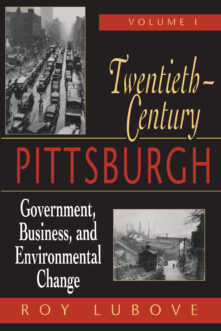
Twentieth-Century Pittsburgh, Volume One
Government, Business, and Environmental Change
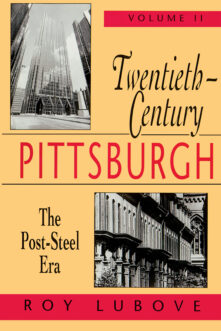
Twentieth-Century Pittsburgh, Volume Two
The Post-Steel Era
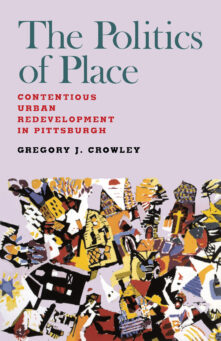
The Politics of Place
Contentious Urban Redevlopment in Pittsburgh
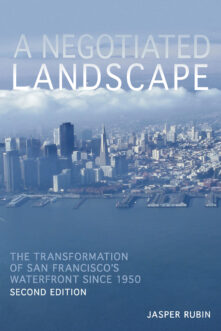
A Negotiated Landscape
The Transformation of San Francisco's Waterfront since 1950
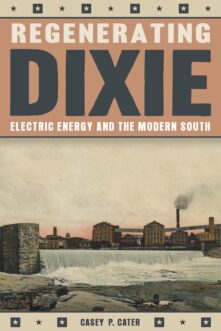
Regenerating Dixie
Electric Energy and the Modern South
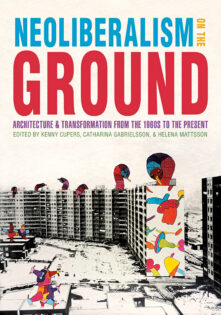
Neoliberalism on the Ground
Architecture and Transformation from the 1960s to the Present
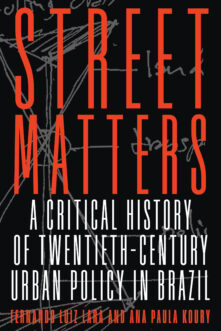
Street Matters
A Critical History of Twentieth-Century Urban Policy in Brazil
Total 10 results found.

